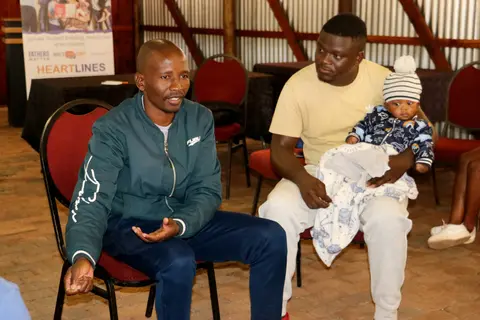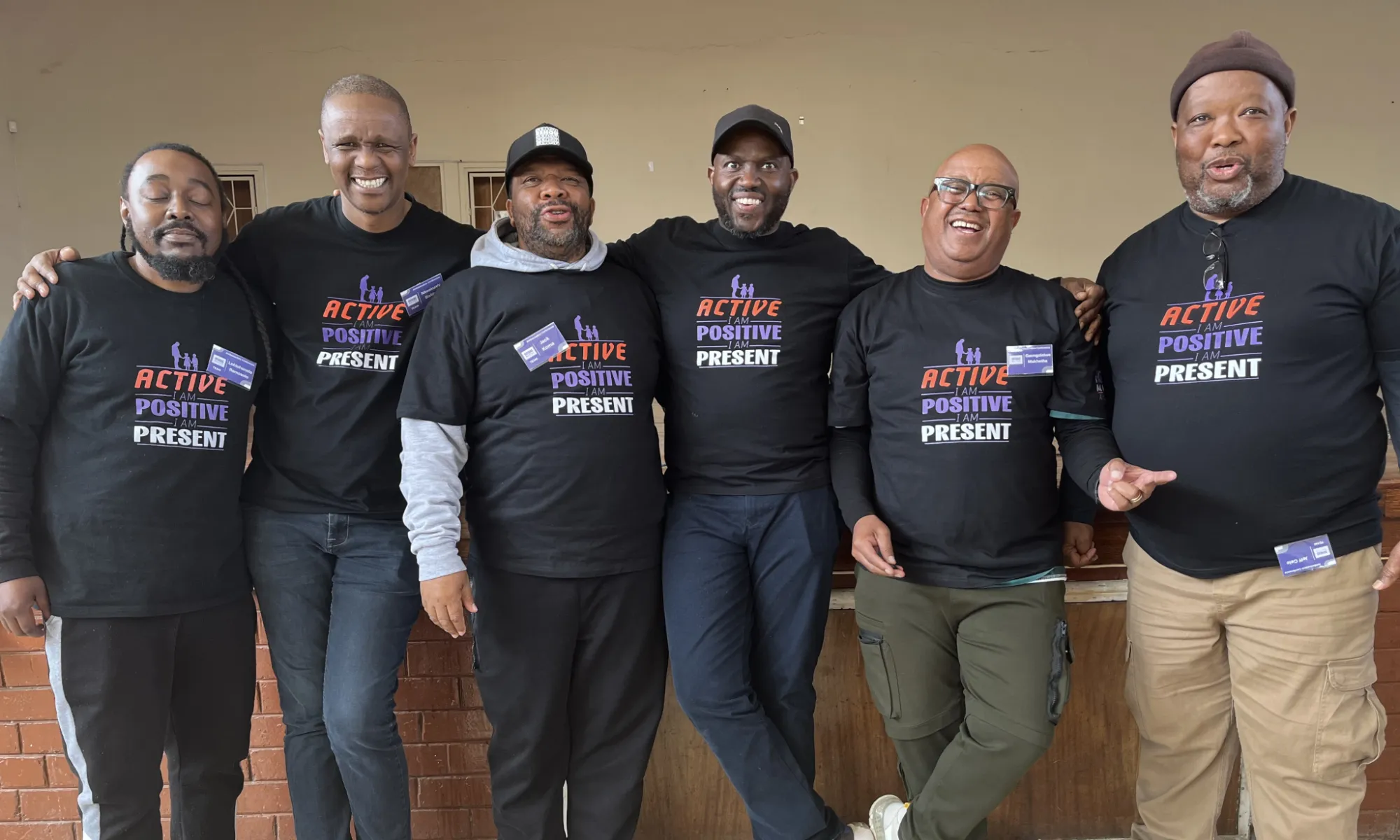Confronting the Fatherhood Crisis in North West
FMAC"A mechanic fixes everyone’s car but not his own. A builder creates beautiful homes but his family lives in a shack." – Fathers Matter North West Conference participant.
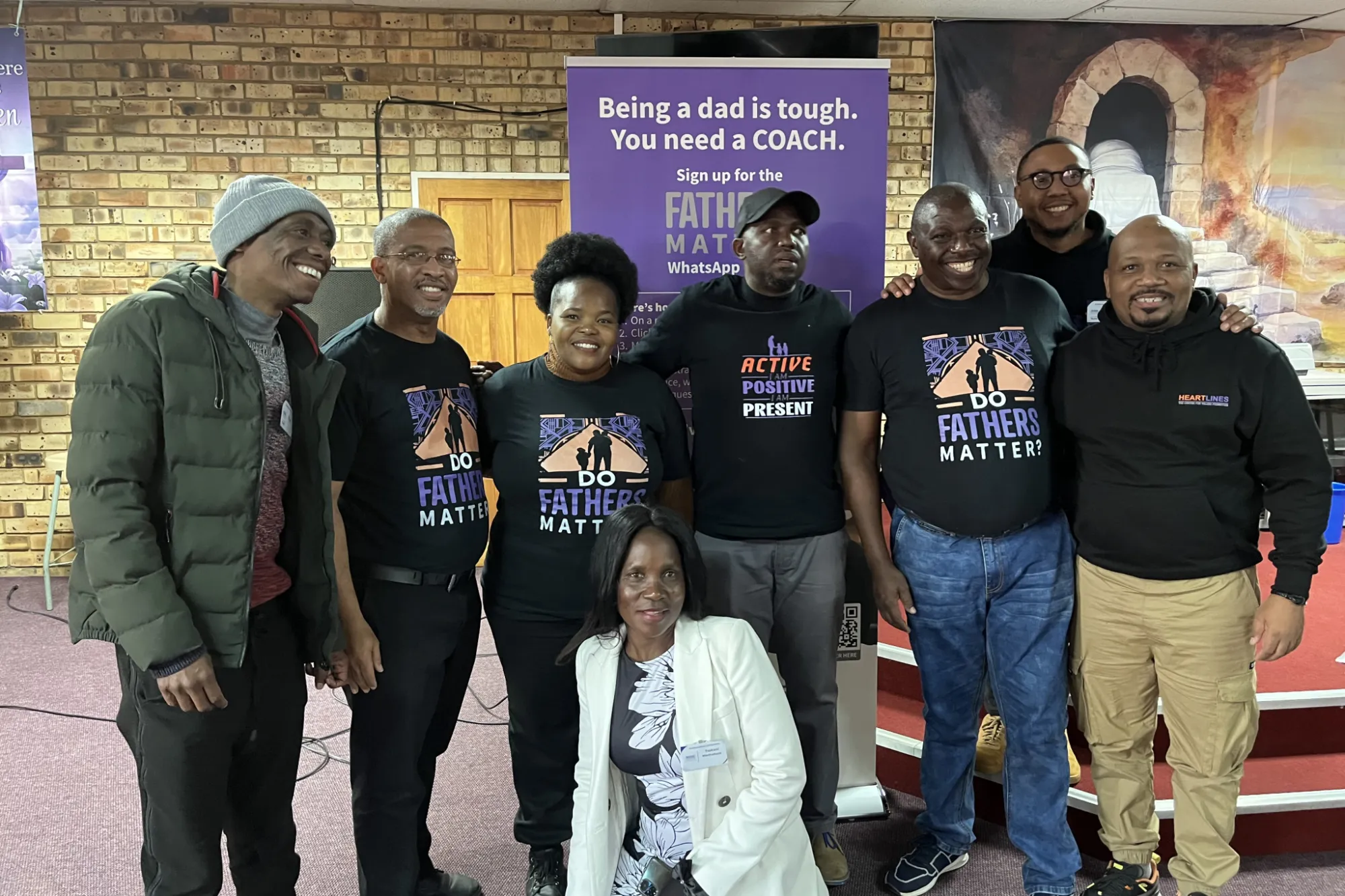
This analogy, shared during a Heartlines community dialogue at AFM Alabama Church in Klerksdorp, captured the emotional disconnect many fathers and leaders finally felt comfortable admitting to. Men who fix other people’s lives often fail to nurture their own homes. It set the tone for a powerful day of reflection and sharing amongst pastors, community leaders and parents from areas such as Klerksdorp, Potchefstroom and Ngaka Modiri Molema.
Tsohle’s Story: A mirror to real life
The breakthrough moment of the day came through a live theatre performance titled Tsohle, performed by actor Titus Mekgwe and written by Fathers Matter Project Coordinator Lereko Mfono who is an accomplished playwright. The story follows a pastor’s son who only sees his father at three key moments in life: at his birth, his ordination and his funeral. Though he was named “everything,” Tsohle grows up alone and emotionally lost, feeling like nothing.
The story opened something deeply personal in the room. Women opened up about the pain of being raised in pastors’ homes where love was poured into the congregation but not into their own lives. Men spoke honestly about their own difficulties around being there for their children physically but dealing with the effects of their emotional absence.
Known in public, absent in private
One participant said he was proud to walk with his father in public but felt like a stranger to him in private. Others spoke of never knowing their fathers at all, mentioning the silence and shame that surrounds children born outside of marriage. In some cases, it was the grace of stepmothers who helped rebuild lost relationships between father and child.
One of the women in attendance at the conference spoke of the stigma around being a pastor’s child. She stated that “all pastors’ children are corrupt, not because they want to be, but because pastors never learn how to minister to their own homes.” It was not an accusation but a painful truth many recognised in their own families.
The group agreed that the solution must begin at home, which gave way to a touching anecdote by Libuseng Tshabalala, who led the presentation of the women’s resource. Libuseng’s story is a beacon of hope, sharing how she intentionally built and nurtured a relationship with her own father right up until he passed, despite their strained relationship in her youth. Her vulnerability gave others the space to do the same, with one participant, a father himself, saying “we are champions in the community, but we need to become champions in our homes first.” This echoed the collective call for more emotional presence, forgiveness and honesty to break the cycle of fatherlessness.
The group concluded that everyone has a role to perform, to practice and ultimately to play. However, it must start with everyone acknowledging the responsibility of their role. Whether it’s stepping up as a father or taking the opportunity to become social fathers to a child.
Playing Dad: Learning the role
This idea connects directly with Playing Dad, a new addition to the Fathers Matter film series. The 33-minute drama tells the story of Mpendulo (played by Vincent Mahlape),, a traditional carpenter who suddenly becomes the primary caregiver to his son. At first, he struggles to engage, but slowly he begins to realise that fatherhood is something you learn.
In a key scene, his child’s mother tells Mpendulo, “I didn’t ask you to watch him. I asked you to play with him.” That line captures what many participants in Klerksdorp came to understand about the role of a father in the life of a child. Being a father is not passive. It is the performance of a lifetime, one that must be rehearsed, refined and acted out with love and consistency.
A new beginning
During the conference, participants were divided into small action groups based on geographic location, recognising that more can be achieved when people are locally connected. The goal is to equip them with the tools and confidence to strengthen families and communities through practical initiatives that reflect the values of the Fathers Matter project.
These groups also allow members to hold each other accountable while providing localised support to one another as they try to address the unique challenges in their respective communities. One of the objectives put forward by a few of the groups was to “break the barriers between fathers and children.” as a way to “build cohesion, not just in families, but in our entire community.”
The gathering at AFM Alabama Church was not just a dialogue. It was a moment of clarity. Through theatre, conversation and shared vulnerability, men and women took the first steps toward repairing what has long been broken. But in the same breath participants also left the conference appreciating that this cannot be done in isolation but instead requires support from others who are also looking to make a positive impact.
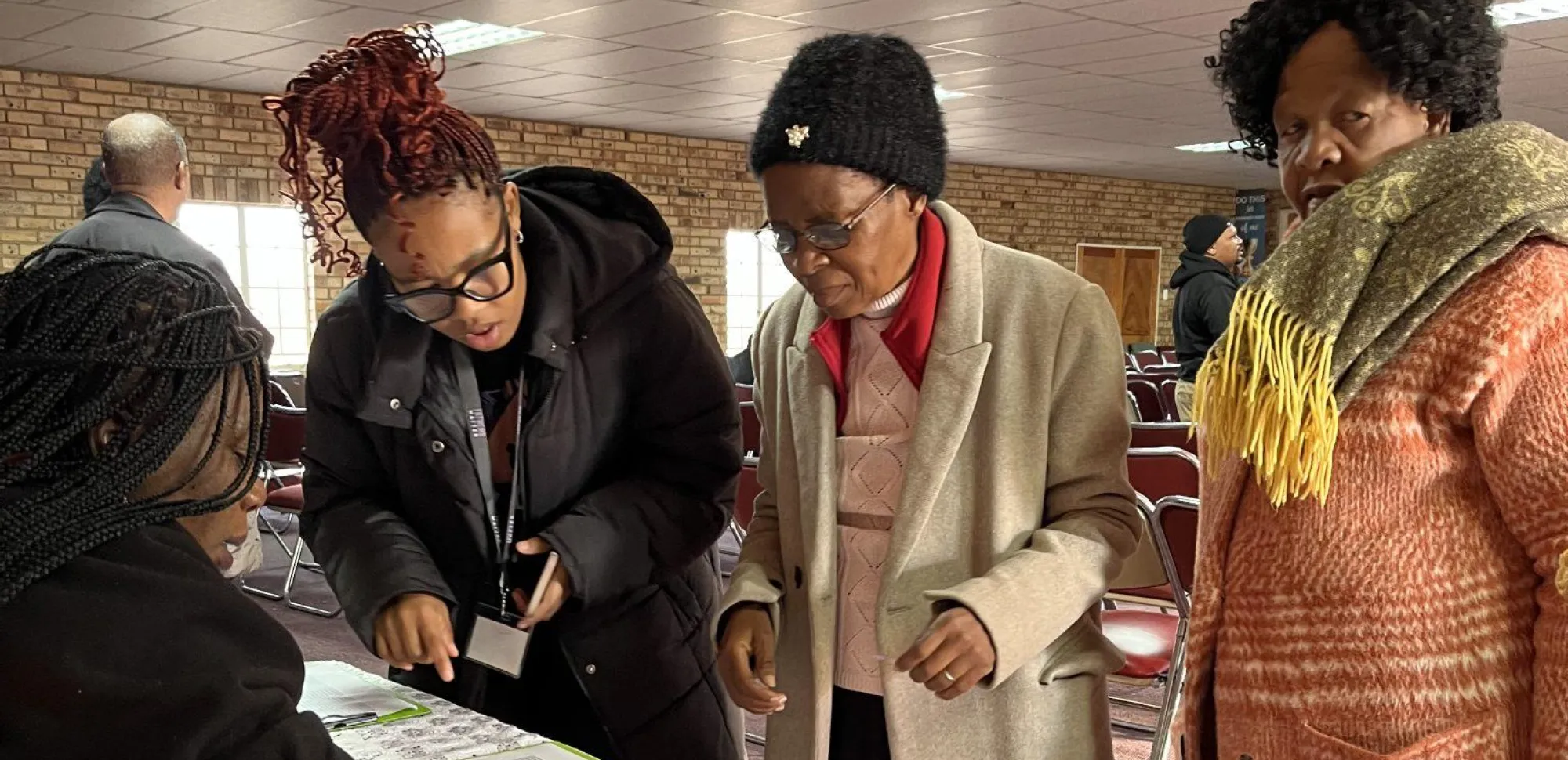
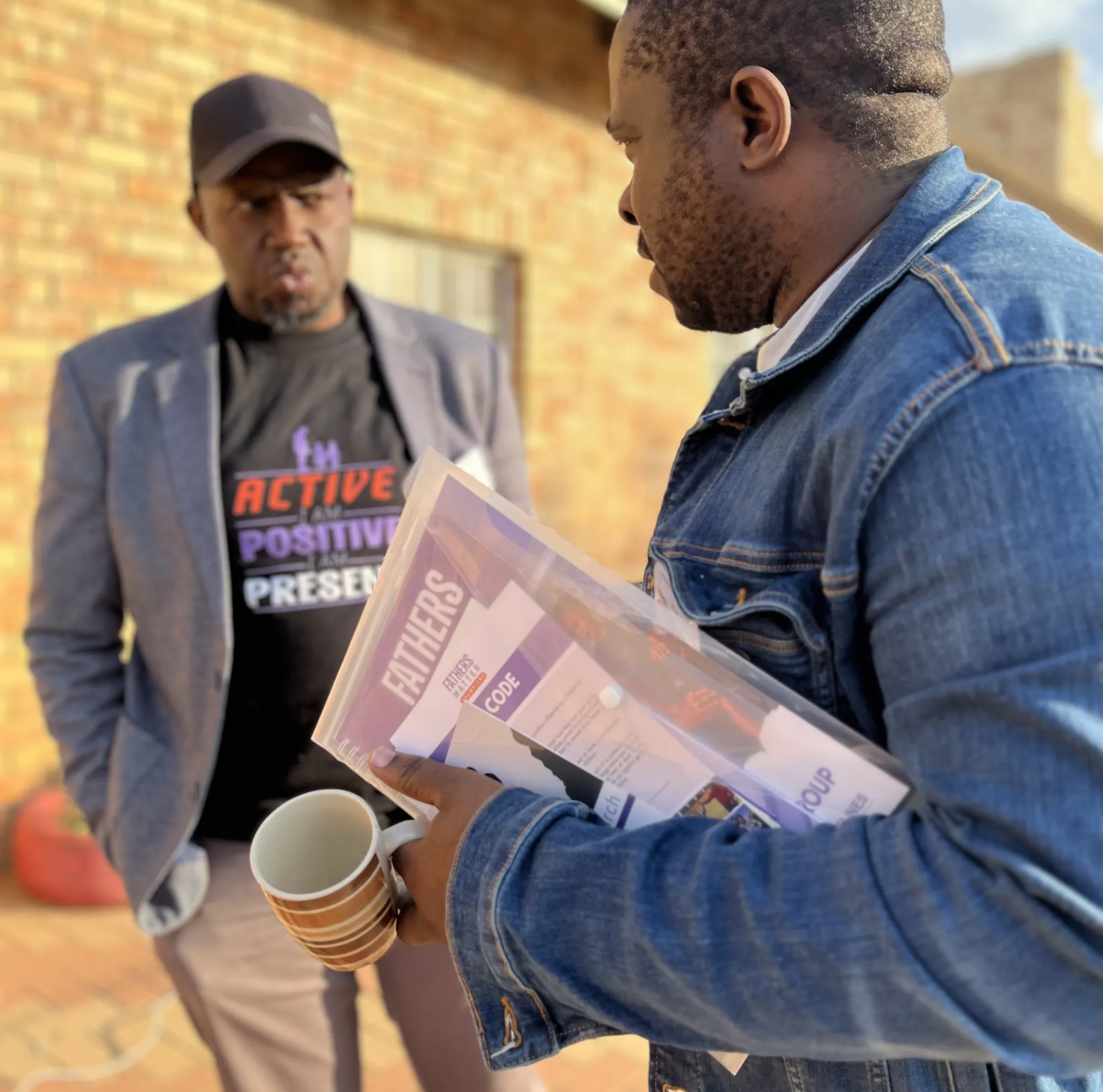
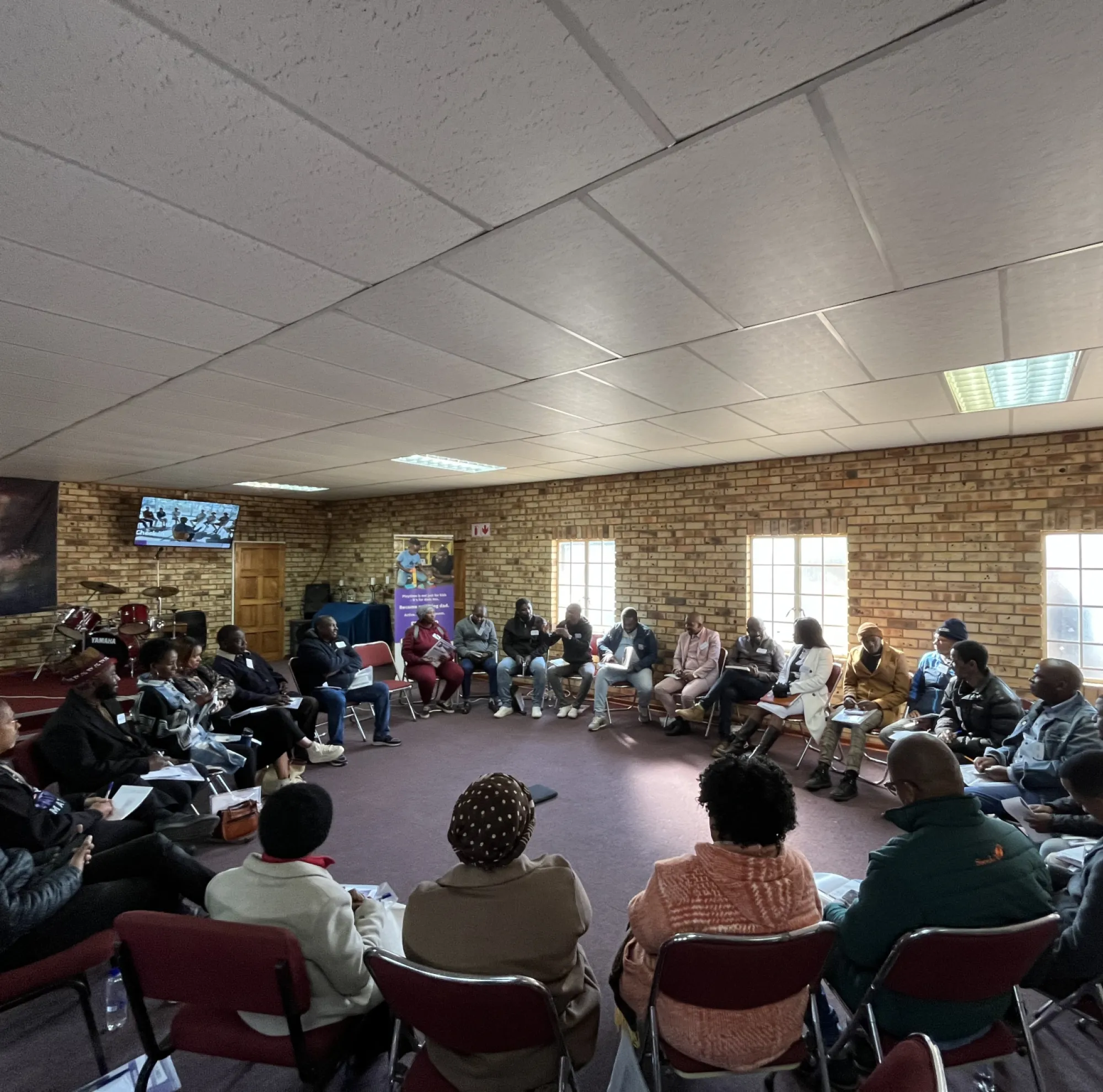
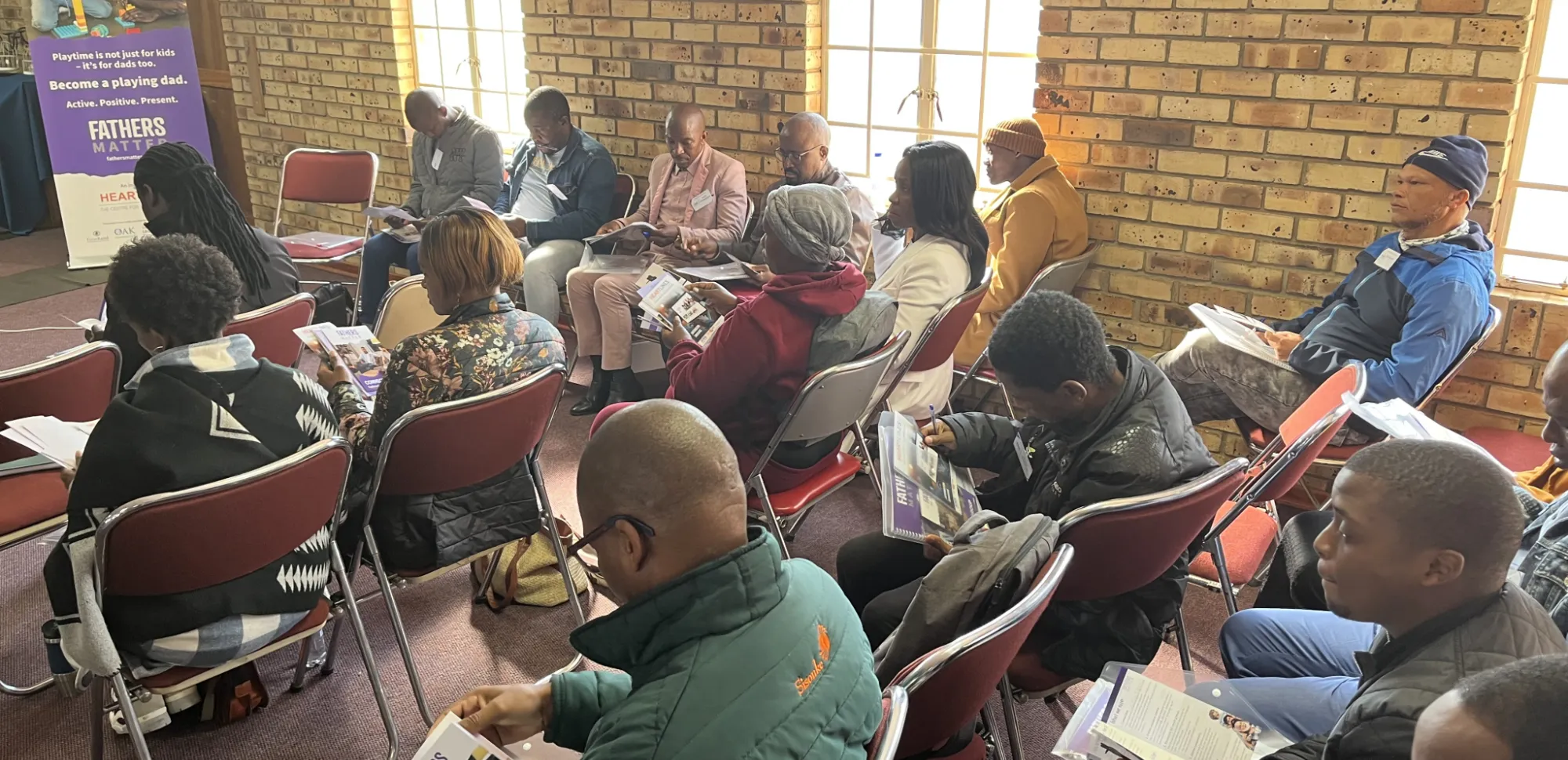
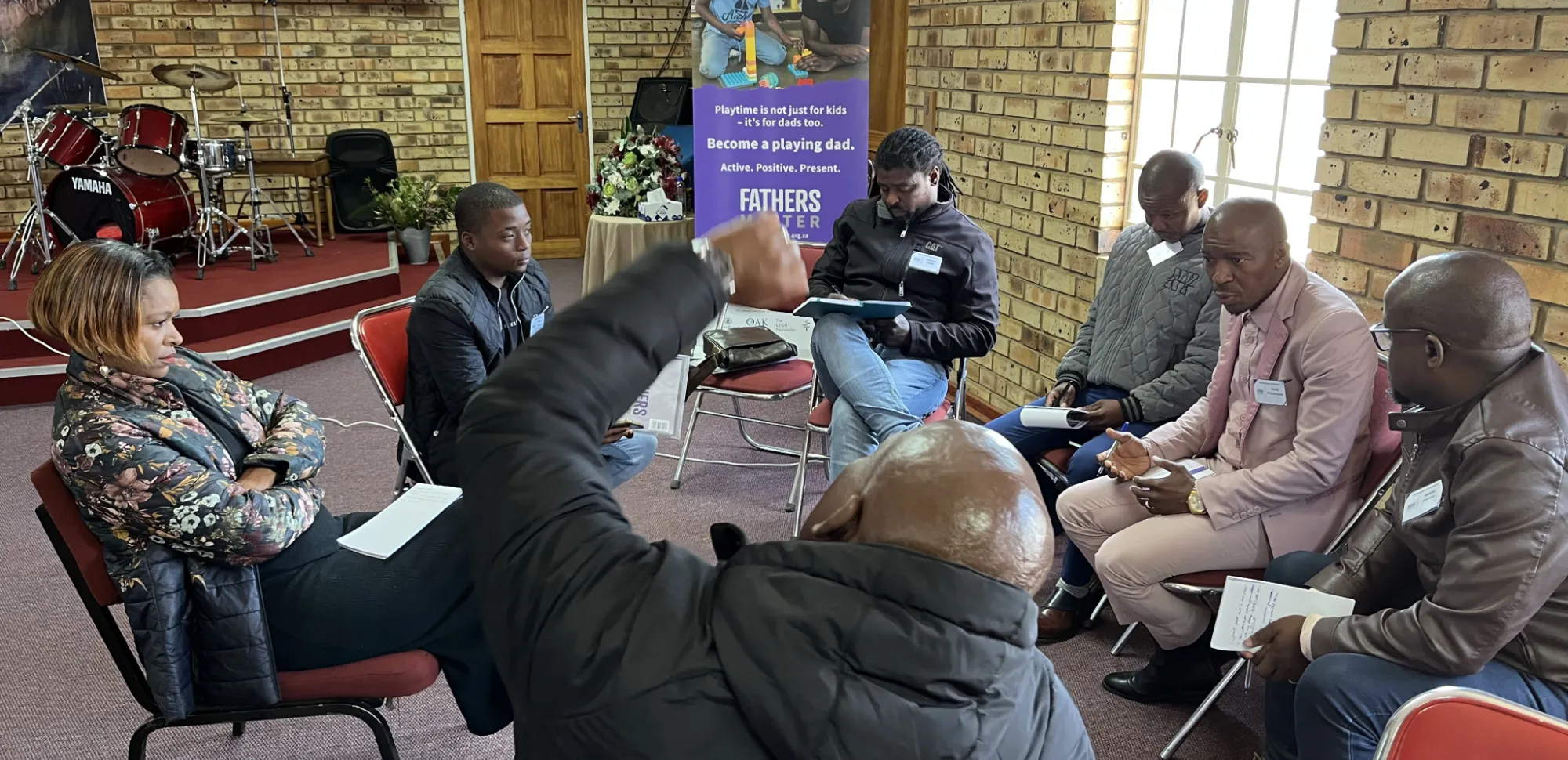
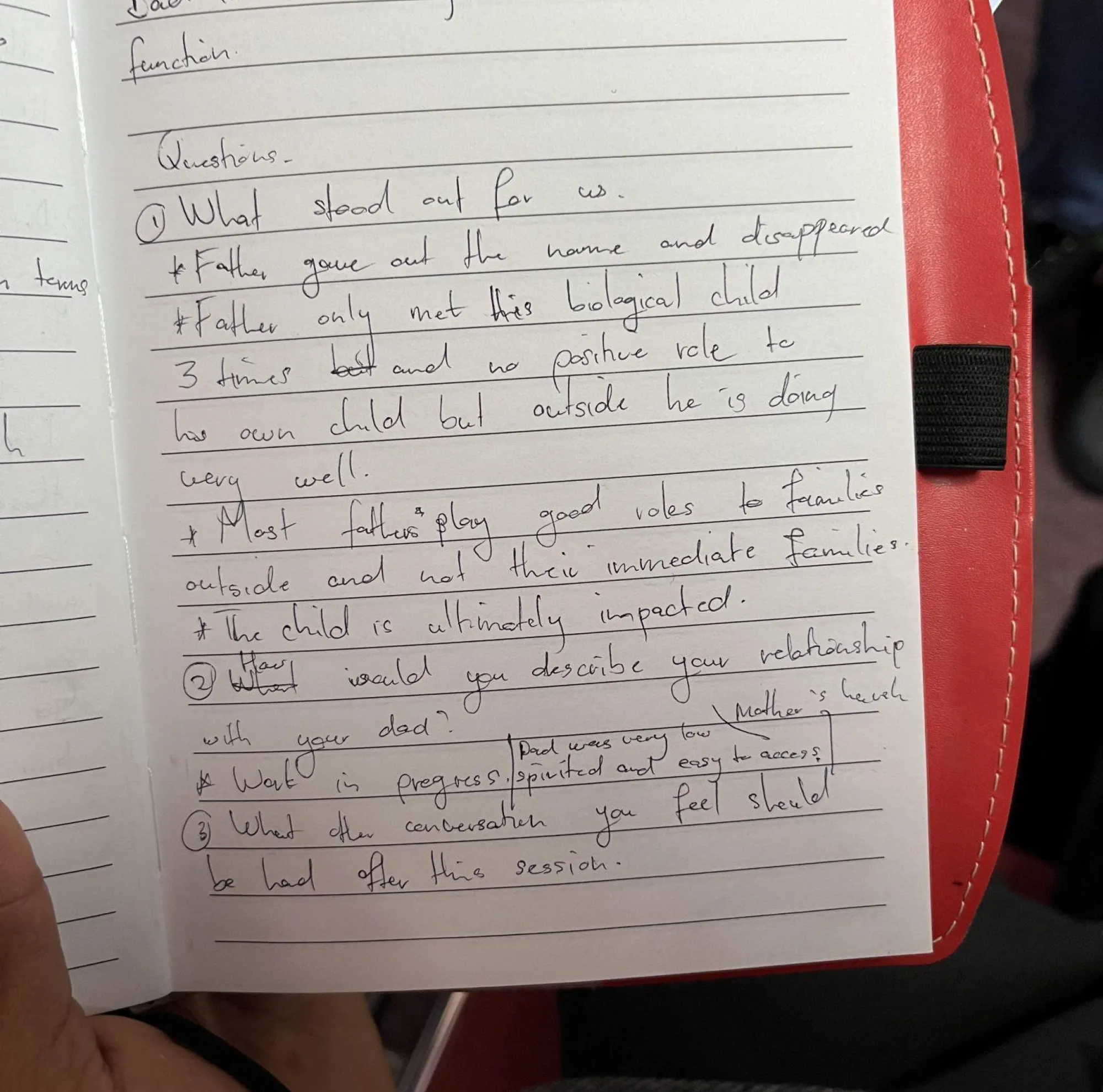
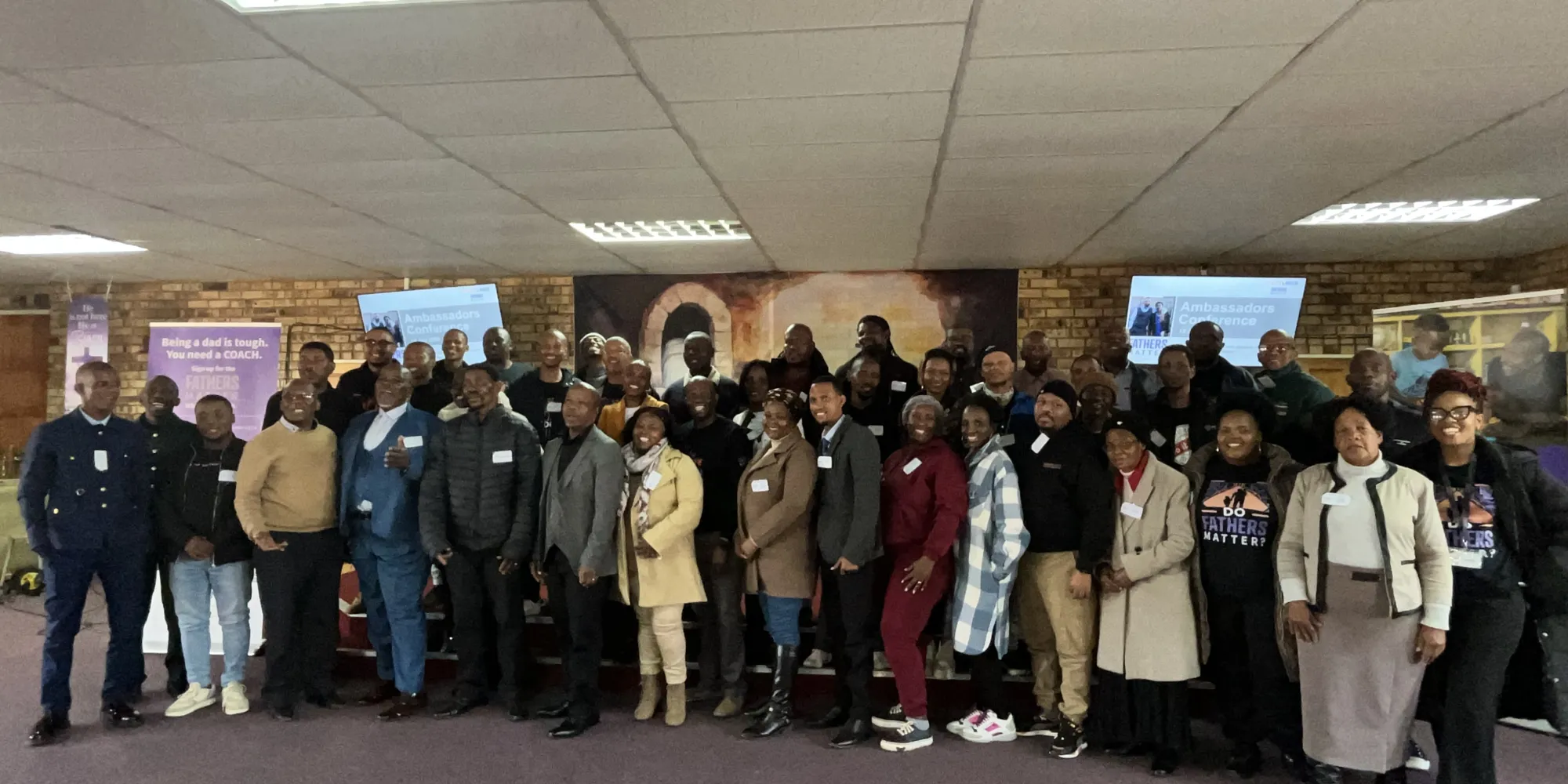
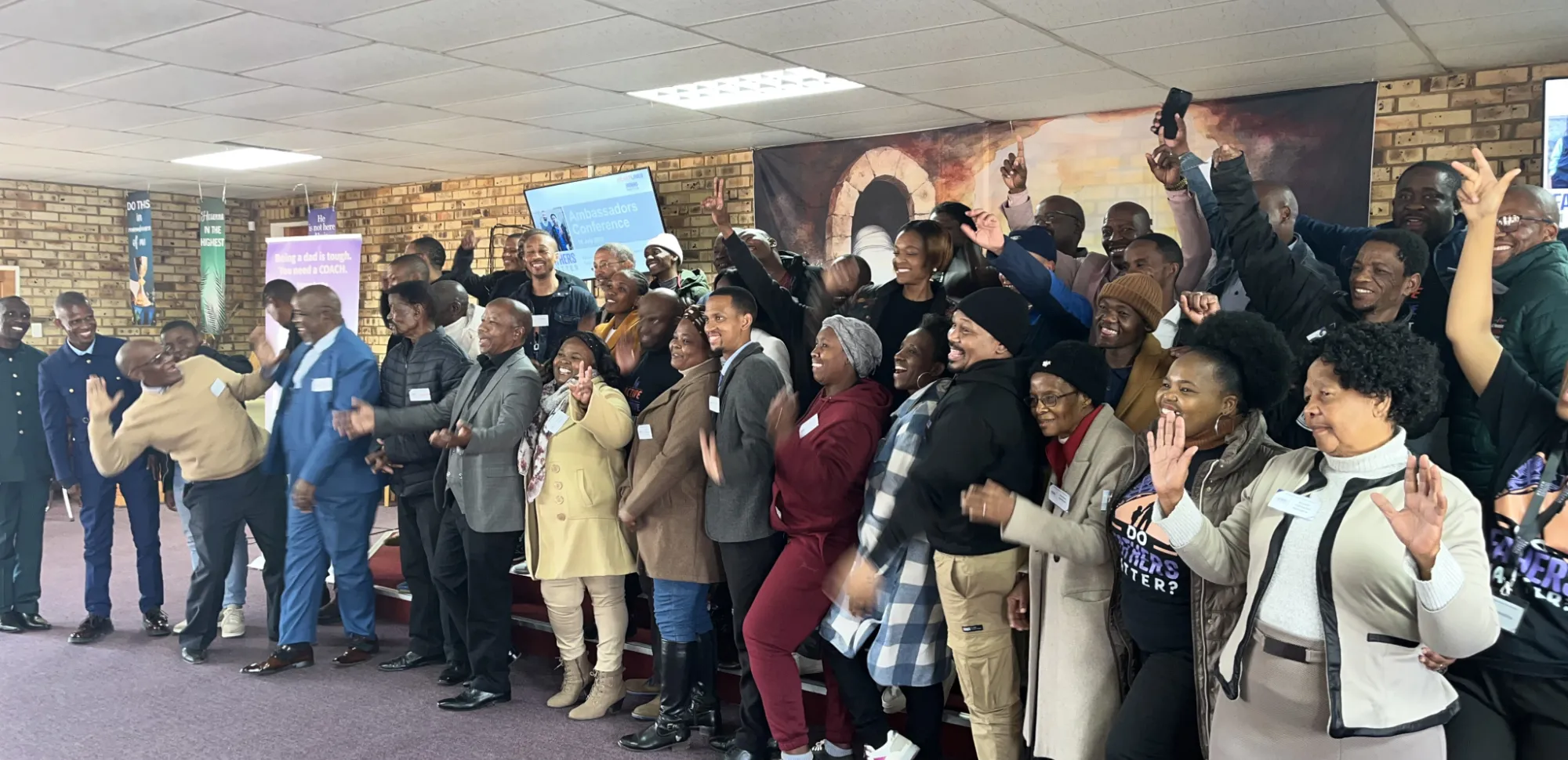
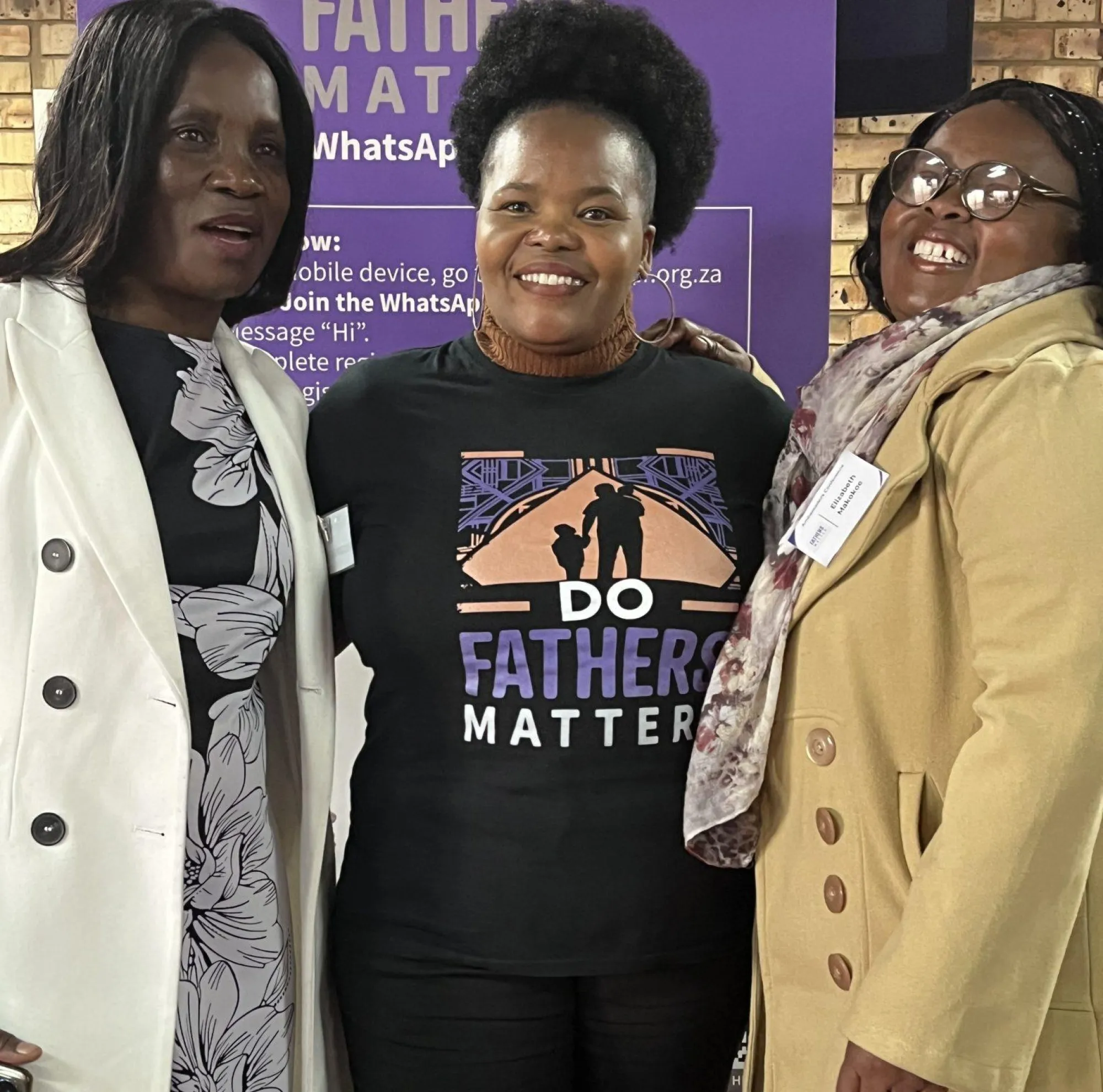
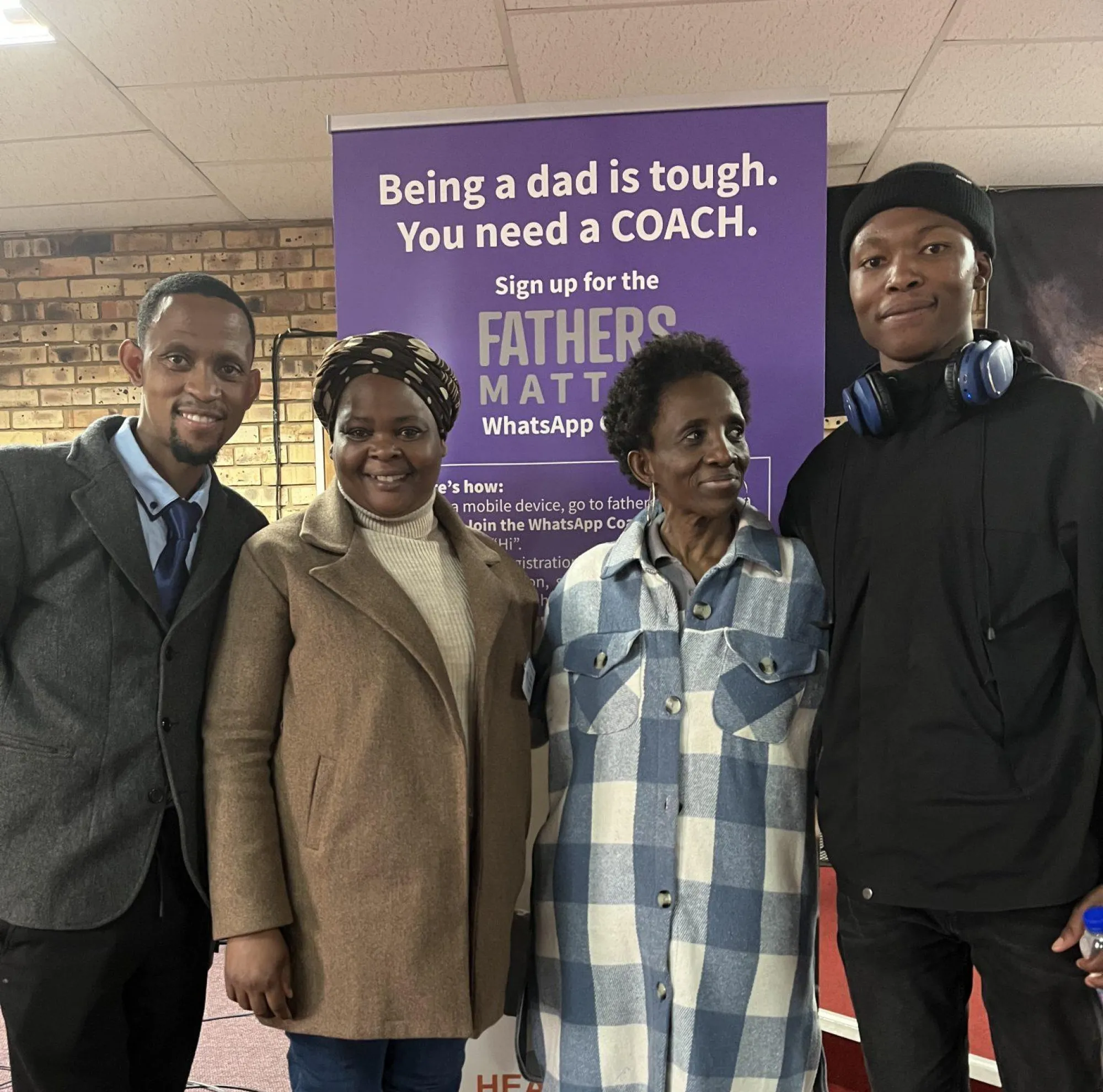
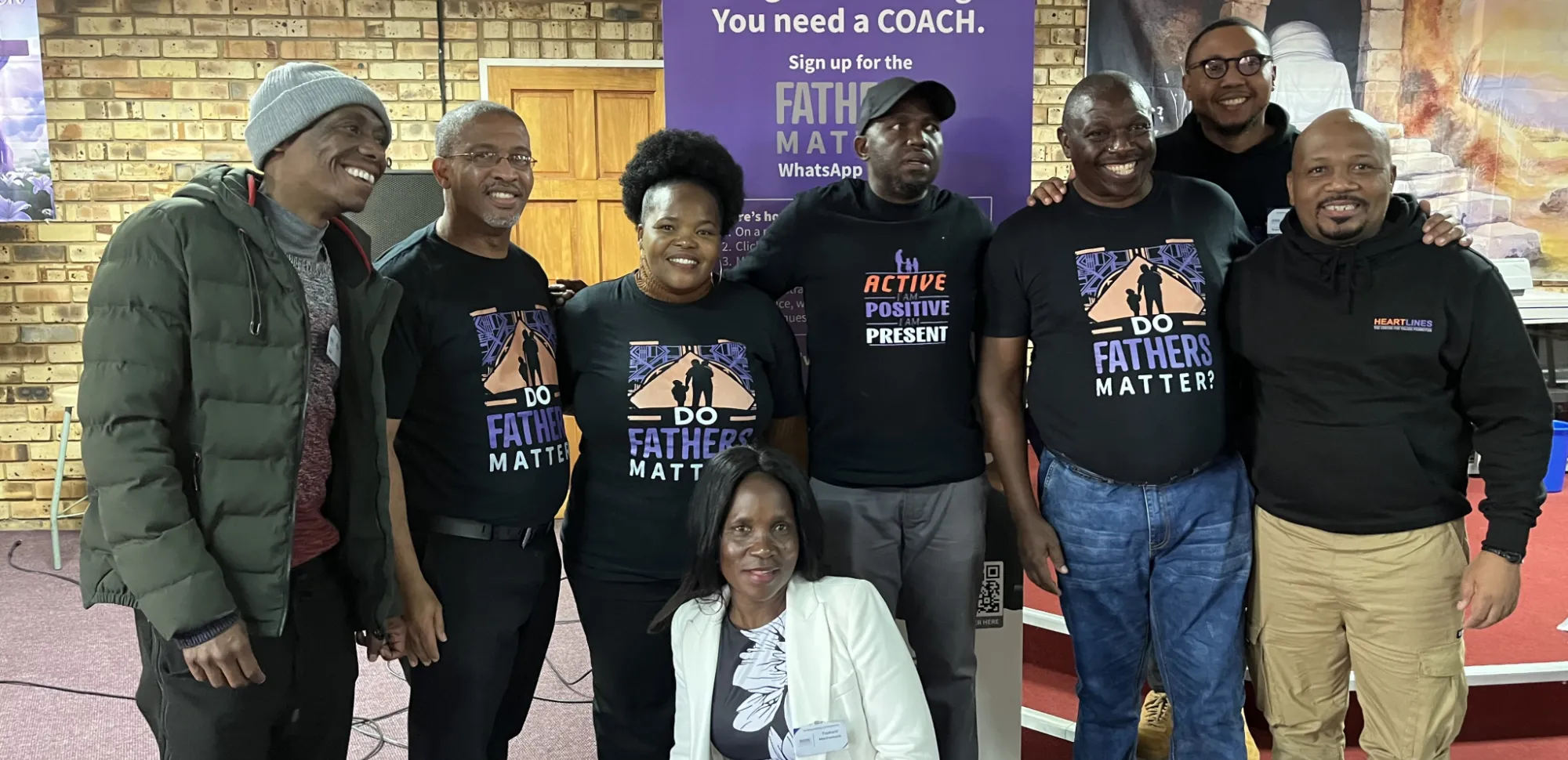

David Nyland
David is a sensitive and intuitive copywriter with experience in marketing and advertising. He has a passion for crafting compelling content that resonates with audiences.
Featured
